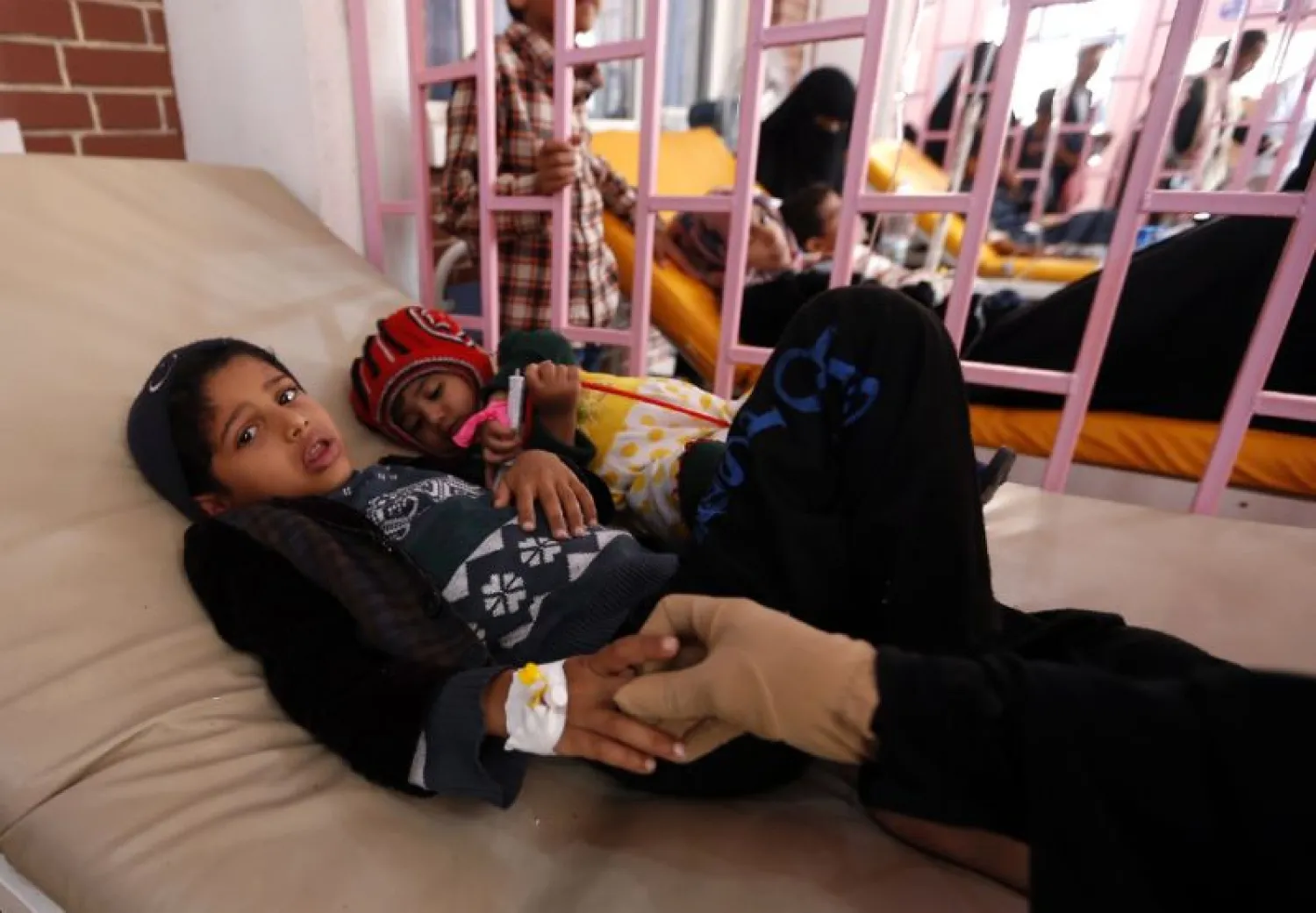United Nations Emergency Relief Coordinator Mark Lowcock arrived in Yemen’s temporary capital, Aden, on Tuesday to hold talks on humanitarian efforts in the war-torn country with Prime Minister Ahmed Obeid bin Daghr.
Lowcock is also scheduled to visit Aden-neighboring areas such Lahj.
In his meeting with Daghr, he stressed that the UN is working hard to provide humanitarian assistance to all areas of Yemen and that it continues its field research to register all the needs of the people.
He explained that the organization has supported the health sector, especially when it came to efforts on ending of the spread of cholera—a mission on which it spent about $1.3 billion.
“I decided to come to Yemen because I am deeply concerned about the humanitarian crisis that has continued to deteriorate,” said Lowcock.
The cholera outbreak reached alarming rates, especially in coup-occupied territories. UN and humanitarian groups called on the internationally-backed government to help pay salaries of workers in the health sector in Houthi-run areas, he said.
"With regard to salaries, when coup militias controlled the Sana'a central bank, they did give any importance to paying salaries to state employees regularly. Instead, they deflated the state treasury and plundered about $5.2 billion from the central bank's foreign currency reserves and spent it on their so-called war effort,” Daghr told Lowcock on unpaid wages.
The Yemeni Prime Minister said that the legitimate government is doing its best to facilitate the functions of international humanitarian organizations and provide them all possible support.
“If the UN alongside the international community want to help affected citizens, they should look at the real reasons which led to war-- namely coup militias composed of Houthis and Saleh loyalists (armed fighters backing ousted president Ali Abdullah Slaeh) that overturned state institutions and waged war from S’aada through Amran to Sanaa and Aden,” Daghr told Lowcock.
“Yemeni provinces continue to suffer from poor humanitarian conditions and clear destruction inflicted on infrastructure and state institutions,” he explained.
More so, he said that the government prepared all ports located in the liberated areas such as Aden, Mukalla and the Mokha to receive all humanitarian aid and deliver it to citizens affected by the futile war waged by Iran-backed putschists against the state and people of Yemen.
Since 2014, a Houthi-Saleh alliance has fought Yemen’s UN-recognized government of President Abdrabbuh Mansur Hadi for control of the impoverished country.
The UN has listed Yemen as the world’s number one humanitarian crisis. More than 8,650 people have been killed in the conflict and around 58,600 others have been wounded, many of them civilians.









